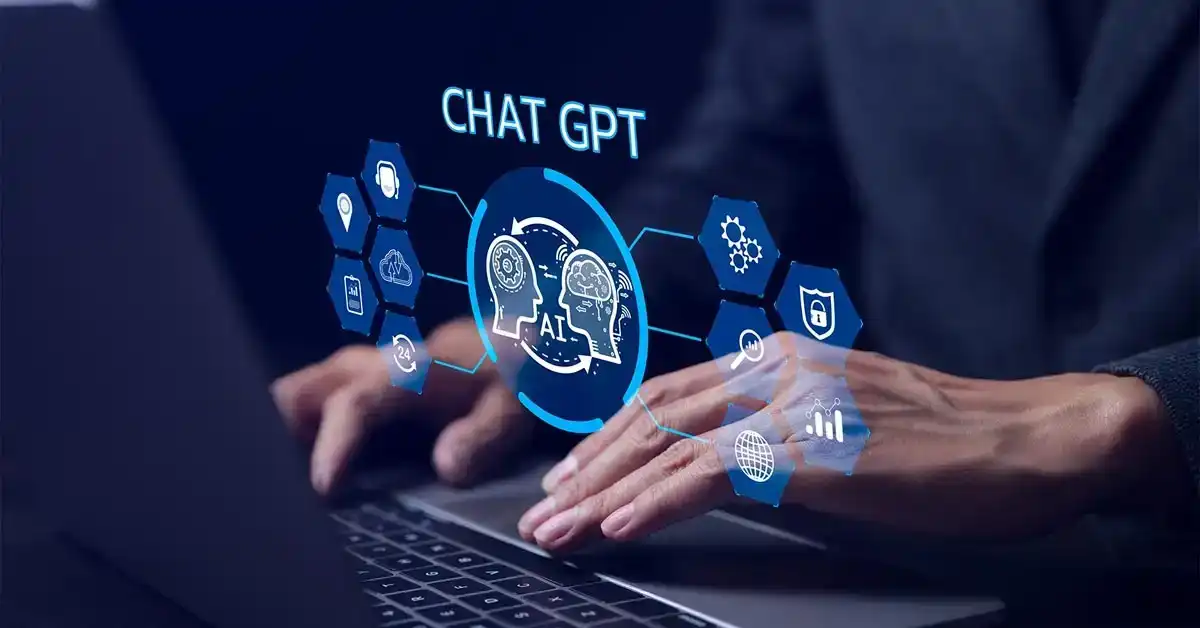Discover how Artificial Intelligence (AI) is revolutionizing our world in this comprehensive article.
Exploring The Future: How AI Is Revolutionizing Our World
Artificial Intelligence (AI) has transcended the realm of science fiction to become a transformative force in our daily lives. From automating mundane tasks to driving complex decision-making processes, AI's influence is pervasive and ever-growing. This article delves into the multifaceted ways AI is revolutionizing our world, touching upon its impact on various industries, its potential for societal change, and the ethical considerations that accompany its rapid advancement.
The Ubiquity of AI in Daily Life
AI has seamlessly integrated into our everyday routines, often in ways we may not immediately recognize. Virtual assistants like Siri, Alexa, and Google Assistant exemplify AI's role in personal convenience, offering weather updates, managing schedules, and even controlling smart home devices with simple voice commands. Beyond convenience, AI-powered recommendation systems on platforms like Netflix and Spotify enhance our entertainment experiences by curating content tailored to our preferences.
Transforming Industries
Healthcare
In healthcare, AI is driving innovations that promise to improve patient outcomes and streamline operations. Machine learning algorithms analyze vast datasets to identify patterns and predict disease outbreaks, enabling proactive measures. AI-powered diagnostic tools assist radiologists in identifying anomalies in medical images with greater accuracy and speed. Furthermore, personalized medicine is becoming a reality as AI models predict individual responses to treatments based on genetic information.
Finance
The financial sector is another domain where AI is making significant strides. AI-driven algorithms analyze market trends and execute trades at speeds and accuracies unattainable by humans, optimizing investment strategies. Fraud detection systems leverage machine learning to identify suspicious activities in real time, safeguarding against financial crimes. Customer service is also enhanced through AI-powered chatbots that provide 24/7 assistance, addressing queries and resolving issues efficiently.
Transportation
AI's impact on transportation is most evident in the development of autonomous vehicles. Companies like Tesla, Waymo, and Uber are at the forefront of creating self-driving cars that promise to reduce accidents caused by human error and alleviate traffic congestion. AI also plays a crucial role in optimizing logistics and supply chain management, predicting demand, and managing inventory to ensure timely deliveries.
Education
In education, AI is personalizing learning experiences to cater to individual student needs. Intelligent tutoring systems assess a student's strengths and weaknesses, adapting the curriculum accordingly. Language processing algorithms assist in grading essays, providing instant feedback, and allowing teachers to focus on more interactive aspects of instruction. Additionally, AI-driven platforms offer lifelong learning opportunities, helping professionals stay updated with evolving industry trends.
Societal Changes
Employment and Workforce Dynamics
While AI's automation capabilities streamline processes and enhance productivity, they also raise concerns about job displacement. Repetitive and routine tasks are increasingly being automated, leading to a shift in workforce dynamics. However, AI is also creating new job opportunities in fields such as AI development, data analysis, and cybersecurity. The key lies in reskilling and upskilling the workforce to adapt to the changing job landscape.
Enhancing Accessibility
AI has the potential to make the world more accessible for individuals with disabilities. Speech recognition technology aids those with hearing impairments, while AI-driven applications translate sign language into text. Autonomous vehicles offer greater mobility to individuals with physical disabilities, enhancing their independence. Additionally, AI-powered tools facilitate communication for those with speech impairments, providing them with a voice in both literal and figurative senses.
Ethical Considerations
Privacy Concerns
The pervasive use of AI raises significant privacy concerns. AI systems collect and analyze vast amounts of personal data, often without explicit consent. This data can be misused or mishandled, leading to breaches of privacy. Striking a balance between leveraging AI for beneficial purposes and protecting individual privacy is a critical challenge that requires robust regulatory frameworks.
Bias and Fairness
AI systems are only as good as the data they are trained on. If the training data contains biases, the AI will likely perpetuate those biases, leading to unfair and discriminatory outcomes. This is particularly concerning in areas such as hiring, law enforcement, and lending, where biased algorithms can have profound societal implications. Ensuring fairness and transparency in AI systems is imperative to prevent the reinforcement of existing inequalities.
Accountability and Transparency
As AI systems become more complex, understanding their decision-making processes becomes increasingly challenging. This "black box" problem raises issues of accountability. When an AI system makes a mistake or causes harm, determining responsibility can be difficult. Developing explainable AI systems that provide insights into their decision-making processes is crucial for fostering trust and accountability.
The Road Ahead
The future of AI is both exciting and uncertain. As AI continues to evolve, it will undoubtedly unlock new possibilities and reshape various facets of our lives. However, harnessing its full potential requires addressing the ethical, social, and technical challenges it presents.
Interdisciplinary Collaboration
Advancing AI responsibly necessitates collaboration across disciplines. Ethicists, technologists, policymakers, and industry leaders must work together to establish guidelines and best practices for AI development and deployment. This interdisciplinary approach ensures that AI benefits society as a whole while minimizing potential risks.
Education and Awareness
Promoting AI literacy is essential for empowering individuals to navigate the AI-driven world. Educating the public about AI's capabilities, limitations, and ethical implications fosters informed decision-making and encourages responsible use. Integrating AI education into school curricula and offering accessible resources for all age groups can bridge the knowledge gap and prepare future generations for an AI-centric world.
Conclusion
AI is undeniably revolutionizing our world, driving innovations across industries, enhancing daily life, and reshaping societal norms. As we explore the future of AI, it is imperative to approach its development and deployment with a balanced perspective, considering both its transformative potential and the ethical challenges it presents. By fostering collaboration, promoting education, and prioritizing ethical considerations, we can harness AI's power to create a better, more inclusive future for all.














0 Comments